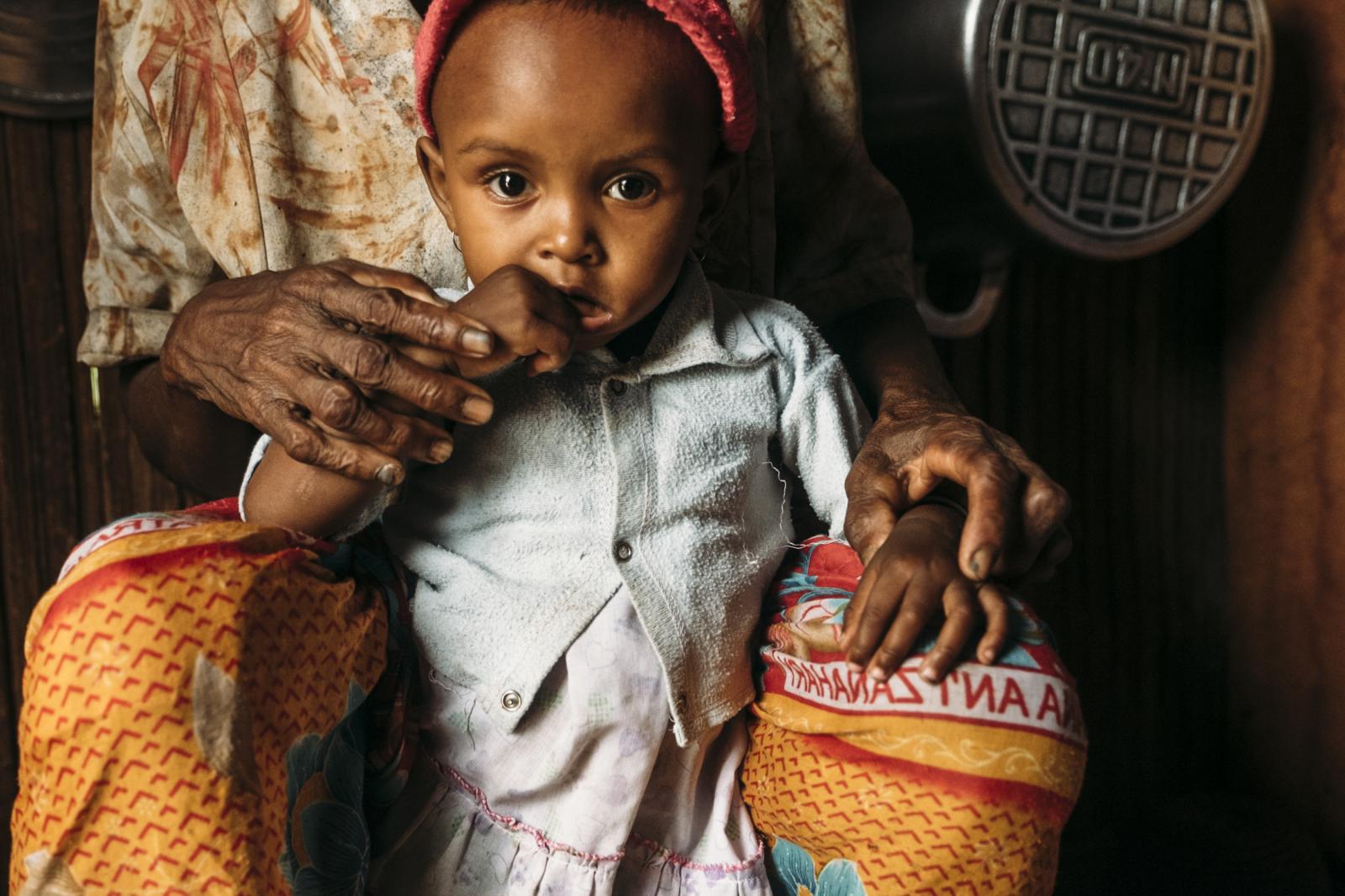News
Maintaining Nature's Delicate Balance in Madagascar
chris golden
Sep 11, 2019
National Geographic Explorer Dr. Christopher Golden and his team of Harvard Planetary Health Scholars spent six weeks in Madagascar to better understand the human health impacts of environmental change. This series of stories will document this journey across Madagascar through the personal experiences of these students.
By Christian Schatz, Harvard University undergraduate and Planetary Health Undergraduate Scholar
Wandering through the village of Marofototra, I follow a road lined with wooden palm thatched huts, transforming suddenly into an oceanfront trail, the sounds of sun-filled waves lapping over sand on my left, and rain-forest bird calls on my right. Along the way I pass several of Marofototra’s citizens, men and women expertly navigating the trail between work in their rice fields or forest and their homes in the village. I am taken in by the natural beauty of the place, the harmony of the forest-facing ocean.
But for the men and women I pass along the trail, this place is far more than visually beautiful. From rice paddies to ocean fisheries and forest wildlife, this place is the source of their livelihood.
Rachel Carson, arguably one of the most influential science writers of the twentieth century, championed the phrase “nature’s delicate balance”: a powerful biological concept describing how change at one point in the web of life may have powerful effects on other seemingly disconnected points. This simple phrase allowed her to argue, long before planetary health emerged as a distinct field, the connection between pesticide-driven ecosystem degradation and human health outcomes.
Carson was working under the American conception of society and nature, in which agriculture is a business and many a man or woman can find their entire livelihood separate from the natural world, with the exception of the plants and animals they encounter in buying food at the supermarket. Such is not the life of the men and women I pass on the trail outside Marofototra—their livelihood is intimately tied up in nature’s delicate balance.
Consider the vital nutrient of iron. Within the protein hemoglobin the biology of our bodies has captured iron’s chemical properties to transport oxygen though our blood stream. Without it we develop anemia, a condition particularly damaging for men and women whose livelihood depends on physically taxing work. The hemoglobin levels of a healthy adult woman fall somewhere above 12 grams of hemoglobin per deciliter of blood (g/dL), and for a healthy adult man, 13 g/dL. Anything below 9 g/dL is considered a case of severe anemia.
Rice—breakfast, lunch, and dinner—is the staple of the Malagasy diet, but rice contains little to no iron. However samples of hemoglobin levels in villages similar to Marofototra show that, while a significant few are severely anemic, much of the population has hemoglobin levels between 9 and 13.
Meats keep the village’s inhabitants at these functioning levels. Bush meat, including lemurs, tenrecs, and bush pigs, is very high in iron. Fish, though less high in iron, is the day-to-day meat. Chickens act as another source.
Through this meat consumption (much of which comes directly from natural ecosystems), many households survive at a relative equilibrium in terms of iron intake, consuming just enough iron to prevent serious anemia. This is unfortunately a fragile dependence on nature’s delicate balance. Should some change come about at one vital point in life’s interconnected web, a large source of iron could suddenly disappear, putting a village at risk for widespread cases of serious anemia.
As I continue my walk the weather starts to change—the ocean becomes stormy, the rain forest’s birds become silent, and within a few minutes I am caught in a gusty downpour. Hurrying back to the safety of the village, it strikes me with awe how quickly nature can change, and how life has adapted to that change. The people I meet in Marofototra have adapted with ingenuity to nature’s changes: the turning of the seasons; changes in fish catch or rice harvest. But we live in a world of increasing human population, deforestation, fisheries exploitation, and, looming behind it all, climate change. These are changes caused by humans, and changes that threaten those with the most fragile dependence on nature’s delicate balance.
6,589

